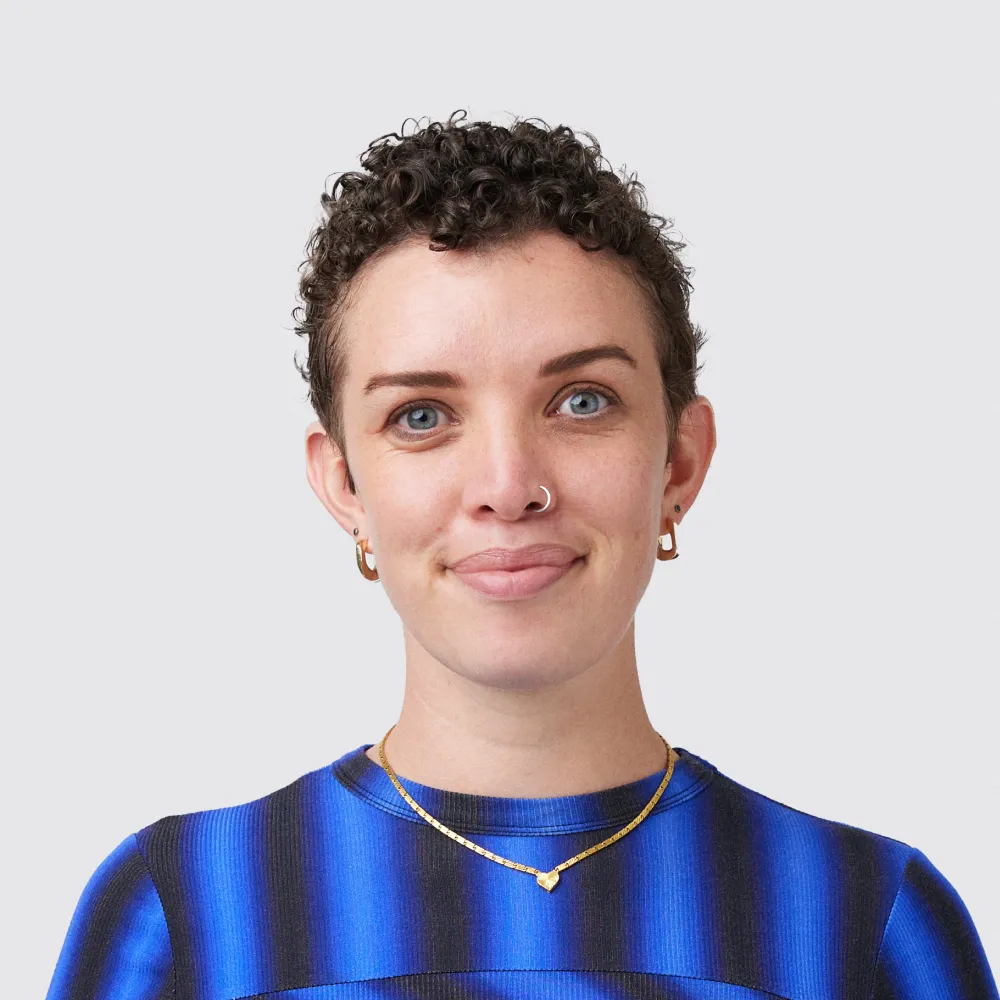Thomas Mayo is a Kaurareg Aboriginal and Kalkalgal, Erubamle Torres Strait Islander man. He was a wharf labourer for sixteen years and is an official of the Maritime Union of Australia, working as the National Indigenous Officer of the union.
Thomas is also a best-selling author, and an activist who has been campaigning for years for the Uluru Statement from the Heart . We had the opportunity to chat with him about his new book and how we can be good allies in the lead up to the referendum.
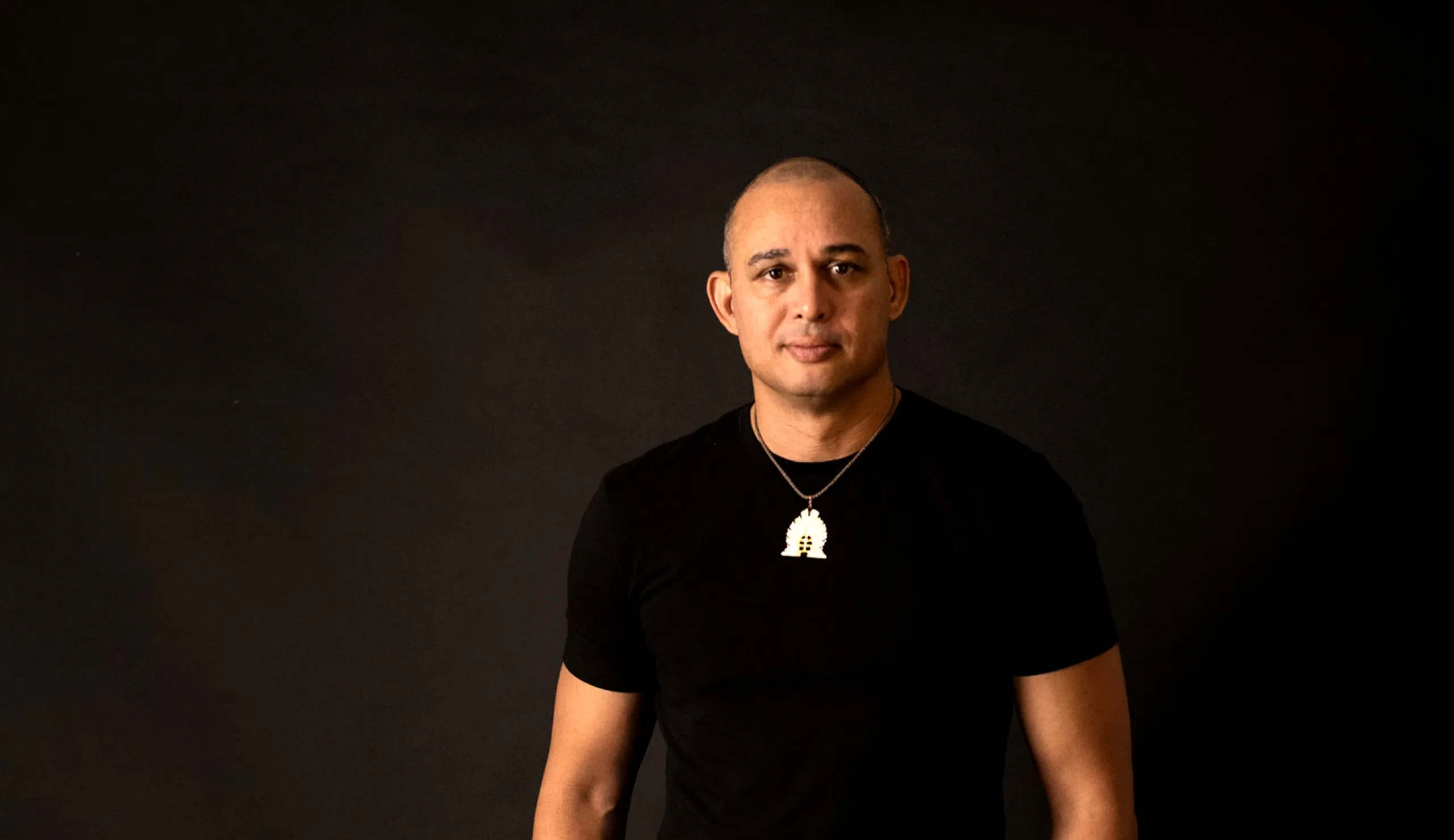
Photographer: Ferne Millen
In conversation
Thomas Mayo, Author and Activist
Kate Bensen, Storyteller at Today
Hi Thomas, thank you for chatting with me this afternoon. I’d like to start by asking, in your words, how do you explain what you do?
Well, I'm a union official. But the union supports me to take time to support the campaign for the Statement from the Heart. And right now that's about the Voice to Parliament and the referendum to enshrine it in the constitution.
Why do you do what you do? Tell us about the fire inside that's driving you.
Yeah. Well, I came to be involved because I was involved in organising around many of the injustices and harmful decisions that are made by politicians. Things such as the hundreds of millions of dollars of cuts to frontline community services under the Abbott government, the way that children are being treated in detention in the Don Dale facility in Darwin, you know, organising to try and improve laws and policies that affect my people, and just realising that we're just not being heard. There's, you know, little fallout for failed policies.
So, back in 2016, I was really searching for how we could do things different, you know, come up with solutions to this issue of not being heard.
I was involved in the dialogues that led to the making of the Uluru Statement, participated as, you know, an advocate on our issues, was elected to go to Uluru to the constitutional convention, participated in a debate and discussion with over 250 fellow Aboriginal and Torres Strait Islander people.
And we were able, with a lot of hard work, to reach a consensus. The nature of consensus is it's never everything that everybody wants. But I think that after considering the lessons from the past, how statements and petitions have been dismissed and ignored, you know, statements and petitions by Indigenous people have been dismissed and ignored before how we've established representative bodies or voices many times throughout our history and they've been taken away by, you know, or silenced by hostile governments.
An example is ATSIC (Aboriginal and Torres Strait Islander Commission), established under Hawke, opposed by Howard. As soon as Howard won power and became Prime Minister, he set about demonising or amplifying ATSIC's issues and not celebrating its wins, and then repealed the legislation that established ATSIC with a simple majority in parliament with the support of the Latham Labor opposition.
So, you know, these types of lessons go into the Uluru Statement from the Heart and inform us that a Voice enshrined in the Constitution is a very important step for us to take. And that's why we're going to a referendum.
We've worked hard for six years for the Uluru Statement itself to be accepted by a government. The Turnbull government dismissed it. The Morrison government didn't do anything with it really. And now we've got the Albo Labor government that has committed to do what Indigenous people have asked of them. And that is to let the people decide if we should have a voice in the Constitution.
I was really searching for how we could do things different, you know, come up with solutions to this issue of not being heard.
Thomas Mayo
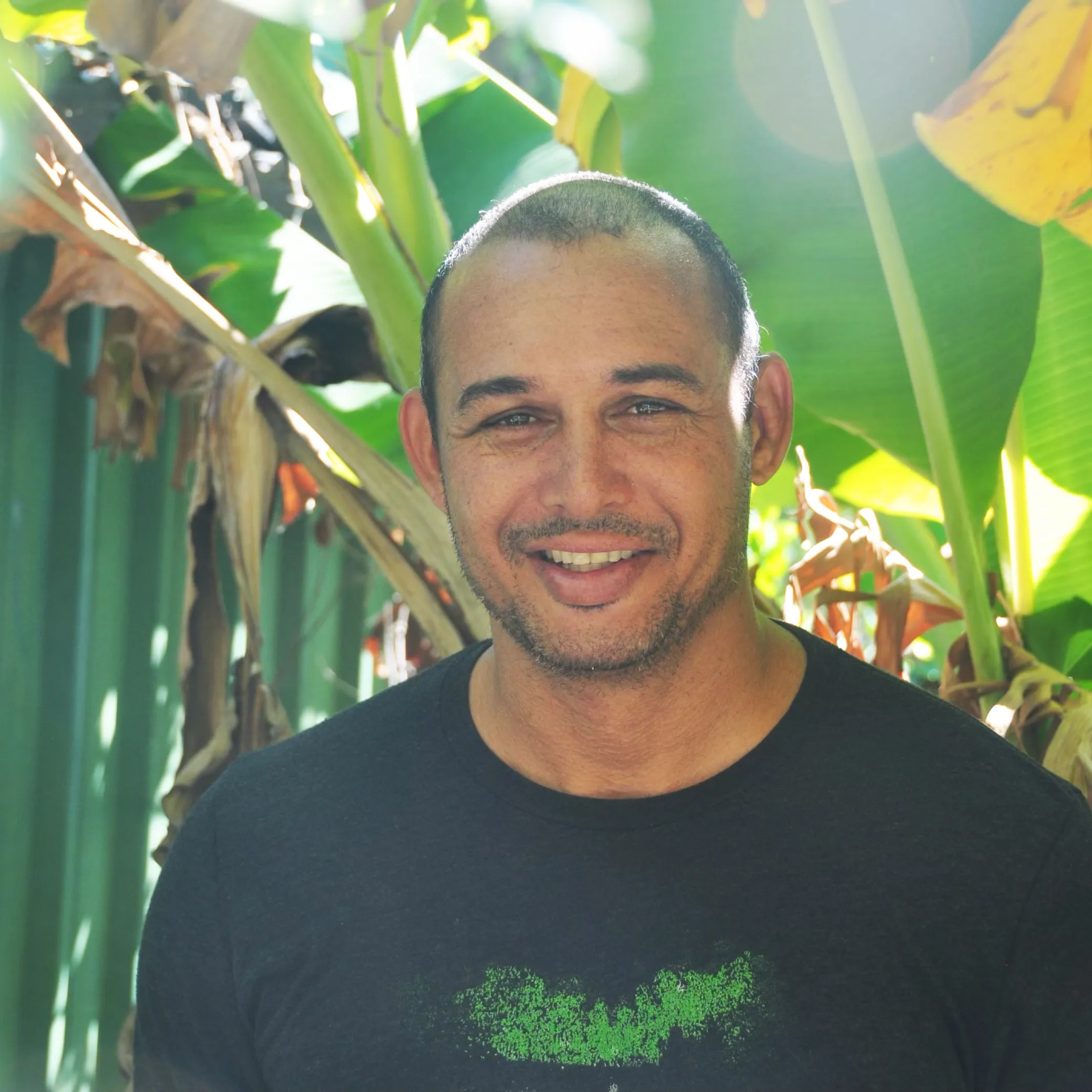
You're about to release a new book, the Voice to Parliament Handbook, with Kerry O’Brian. Can you tell me a little about it and why you wanted to write it?
Firstly, I thought that Australians would appreciate something more substantial than a pamphlet or some information on the internet.
To understand what I've talked about, the history and logic that informs us, that a Voice is the right thing to do and something that needs to be done, you know, to protect it from being silenced. To ensure that it can be consistent through the political cycle and the changing ideologies that have power from time to time in parliament.
And to understand the logic of this proposal, but also how it can be, and how it is something that unifies the nation and enhances our democracy.
I wanted to write a book that would, you know, be handy for supporters of the Yes campaign, but also to be able to give to people that are unsure, and to help them decide to vote…to better understand, and to articulate their reasons for supporting it to others and help them decide to vote yes.
I was running out of time though, and, you know, it's a big task. This was in about September last year. So I invited Kerry O'Brien.
I wanted a non-Indigenous co-author, because this is about all of Australia, not just Indigenous Australians. And so him and I really, we began writing in December and have, and got it done pretty much by March to be released in May.
Photographer: Ferne Millen
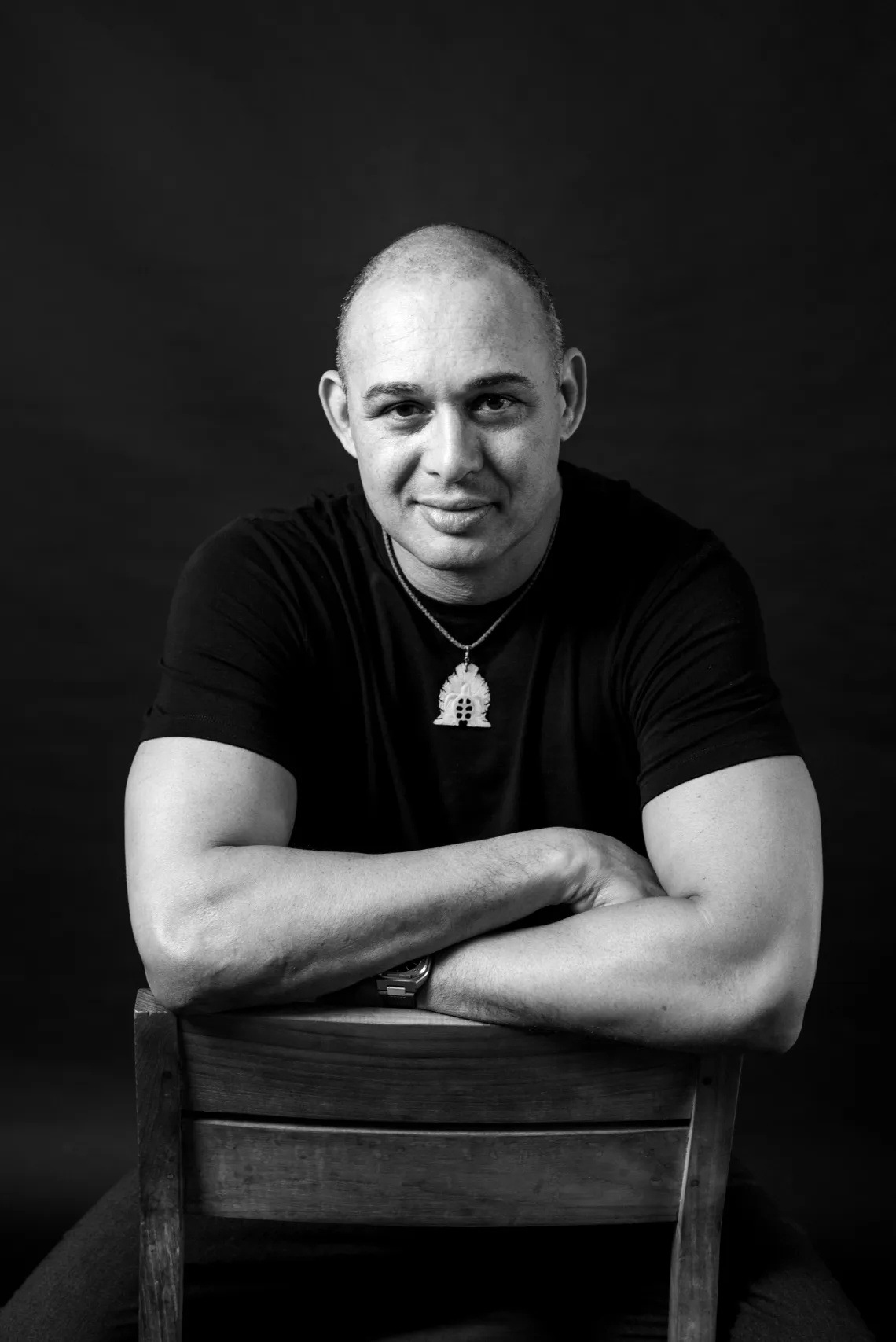
I really look forward to reading it. How can allies best get involved and support Aboriginal and Torres Strait Islander People in the lead up to the referendum? What does good allyship look like to you, especially when opinions are so diverse at the moment.
Well, firstly, I think, personally accept the invitation in the Statement to walk with us.
Understand, the reasons why we call for a Voice, understand that a majority of Indigenous people do support this—though we're not homogenous, there will be some that don't support it—but because of the understanding of why, and that majority support, don't waver in your support.
Then I would say make your support visible. Wear, you know, Yes campaign shirts and merchandise as it becomes available, to indicate to Indigenous Australians that you're on our side but also to show broader Australia that this is a movement of the Australian people and to make them want to be a part of it as well.
Start conversations because you are visibly a supporter. And then I'd say, have those conversations, systematically work through who the people are that you can influence and let them know why you support it and have a discussion with them. And then if you gain their support, ask them to do exactly the same as you.
It is not something that is insignificant to do things like that. They are actually powerful things to do.
Support the campaign: www.yes23.com.au www.togetheryes.com.au
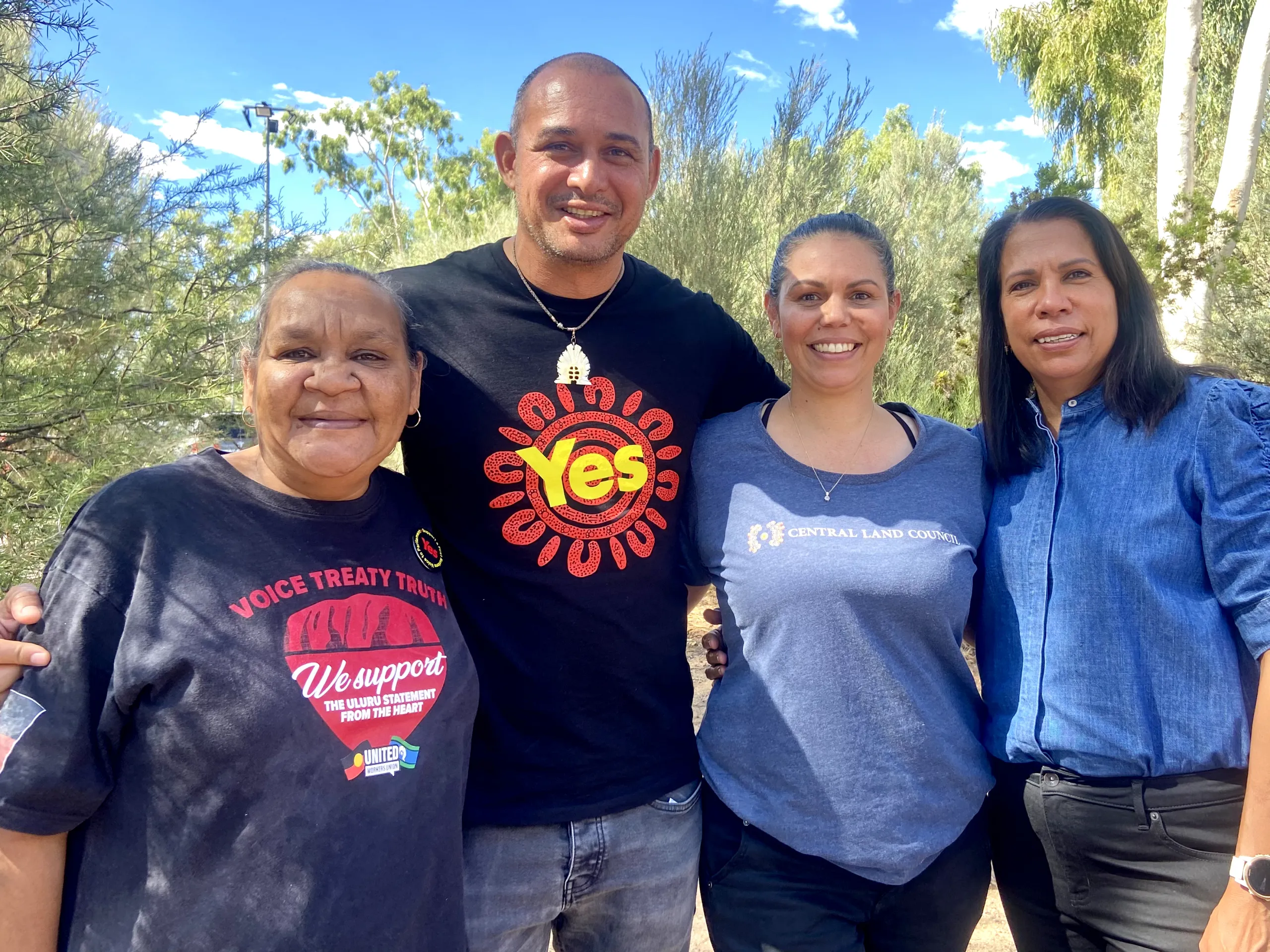
Something I like to ask everyone I interview is… what's your dream opportunity for making positive impact in the world?
Well, my dream opportunity clearly is for my people to have a voice enshrined in the constitution because I understand that hostile governments will come along.
And so really, it's about building an opportunity for our children, so that they don't have to have this same fight again.
And so that Indigenous people and our children can have the confidence that they are recognised for their culture and heritage and its special place in this country.
And lastly, for all Australian children to no longer have the burden of our colonial past or an ignorance to our Indigenous heritage that makes us truly unique in this country.
... it's about building an opportunity for our children, so that they don't have to have this same fight again. And so that Indigenous people and our children can have the confidence that they are recognised for their culture and heritage and its special place in this country.
Thomas Mayo
